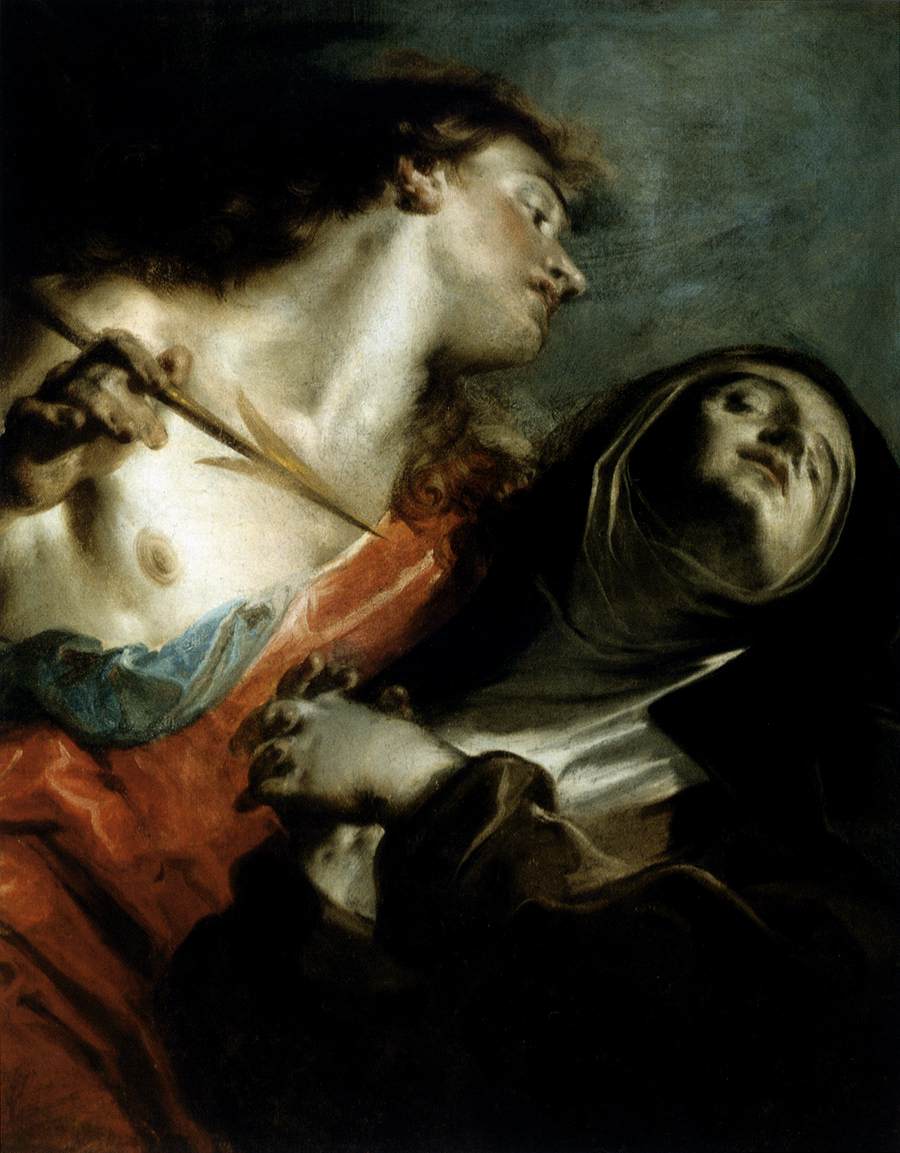|
Wajd
or is a Sufi term for the religious ecstasy induced by ''dhikr ''Dhikr'' ( ar, ╪░┘Р┘Г┘Т╪▒}, , also spelled ''Zikr'', ''Thikr'', ''Zekr'', or ''Zikar'', literally meaning "remembrance, reminder" or "mention") is a form of Islamic meditation in which phrases or prayers are repeatedly chanted in order to remem ...'' (the remembrance of God) by means of '' sama'', listening to the measured recitation, signing or chanting of spiritual verses or poetry. See also * Wujud References Sufi philosophy {{sufism-stub ... [...More Info...] [...Related Items...] OR: [Wikipedia] [Google] [Baidu] |
Wujud
Wuj┼лd ( ar, ┘И╪м┘И╪п) is an Arabic word typically translated to mean existence, presence, being, substance, or entity. However, in the religion of Islam, it tends to take on a deeper meaning. It has been said that everything gains its wuj┼лd by being found or perceived by God.Schimmel, AnneMarie. Mystical Dimensions of Islam. USA: University of North Carolina, 1975. p 142, 267 Sufi view For those of the Sufi tradition, wuj┼лd has more to do with the finding of God than the existence of God. Although wuj┼лd is commonly translated as "existence", its original meaning is the "being found". This "being found" is sometimes described as the final stage of fanaa in which one is immersed in the existence or finding of God while all else is annihilated. "For a Sufi, beyond the realization of the annihilation of the state of nonexistence, there is nothing except existence. There is nothing beyond this nothingness except survival and nothing in death but life. This annihilation implies ete ... [...More Info...] [...Related Items...] OR: [Wikipedia] [Google] [Baidu] |
Sufi
Sufism ( ar, ''aс╣г-с╣г┼лfiyya''), also known as Tasawwuf ( ''at-taс╣гawwuf''), is a mystic body of religious practice, found mainly within Sunni Islam but also within Shia Islam, which is characterized by a focus on Islamic spirituality, ritualism, Asceticism#Islam, asceticism and esotericism. It has been variously defined as "Islamic mysticism",Martin Lings, ''What is Sufism?'' (Lahore: Suhail Academy, 2005; first imp. 1983, second imp. 1999), p.15 "the mystical expression of Islamic faith", "the inward dimension of Islam", "the phenomenon of mysticism within Islam", the "main manifestation and the most important and central crystallization" of mystical practice in Islam, and "the interiorization and intensification of Islamic faith and practice". Practitioners of Sufism are referred to as "Sufis" (from , ), and historically typically belonged to "orders" known as (pl. ) тАУ congregations formed around a grand who would be the last in a Silsilah, chain of successive teac ... [...More Info...] [...Related Items...] OR: [Wikipedia] [Google] [Baidu] |
Religious Ecstasy
Religious ecstasy is a type of altered state of consciousness characterized by greatly reduced external awareness and expanded interior mental and spiritual awareness, frequently accompanied by visions and emotional (and sometimes physical) euphoria. Although the experience is usually brief in time, there are records of such experiences lasting several days or even more, and of recurring experiences of ecstasy during one's lifetime. In Sufism, the term is referred to as ''wajad'' and the experience is referred to as either ''jazbah (jadbah o jedbah for Maghreb)'' or ''majzoobiyat''. Context The adjective "religious" means that the experience occurs in connection with religious activities or is interpreted in context of a religion. Journalist Marghanita Laski writes in her study "Ecstasy in Religious and Secular Experiences", first published in 1961: "Epithets are very often applied to mystical experiences including ecstasies without, apparently, any clear idea about the dis ... [...More Info...] [...Related Items...] OR: [Wikipedia] [Google] [Baidu] |
Dhikr
''Dhikr'' ( ar, ╪░┘Р┘Г┘Т╪▒}, , also spelled ''Zikr'', ''Thikr'', ''Zekr'', or ''Zikar'', literally meaning "remembrance, reminder" or "mention") is a form of Islamic meditation in which phrases or prayers are repeatedly chanted in order to remember God. It plays a central role in Sufi Islam, and each Sufi order has usually adopted a specific dhikr, typically accompanied by specific posture, breathing, and movement. In Sufi Islam, dhikr refers to both the act of this remembrance as well as the prayers used in these acts of remembrance. Dhikr can be performed in solitude or as a collective group. It can be counted on a set of prayer beads (''Misbaha'' ) or through the fingers of the hand. A person who recites the Dhikr is called a ''Dhakir (, )'', literally "he who remembers." The content of the prayers includes the names of God, or a '' dua'' (prayer of supplication) taken from the hadiths or the Quran. Importance There are several verses in the Quran that emphasize the im ... [...More Info...] [...Related Items...] OR: [Wikipedia] [Google] [Baidu] |
Sama (Sufism)
Sama ( tr, Sema, Persian language, Persian, Urdu and ar, ╪│┘О┘Е┘О╪з╪╣ - ''sam─БтАШun'') is a Sufi ceremony performed as part of the meditation and prayer practice dhikr. Sama means "listening", while dhikr means "remembrance".During, J., and R. Sellheim. "Sama" Encyclopedia of Islam, Second Edition. Ed. P. Bearman, T. Bianquis, C. E. Bosworth, E. Van Donzel and W. P. Heinrichs. Brill Online, 2010. These performances often include singing, playing instruments, dancing, recitation of poetry and prayers, wearing symbolic attire, and other rituals. Sama is a particularly popular form of worship in Sufism. In 2008, UNESCO confirmed the "Mevlevi Order, Mevlevi Sama Ceremony" of Turkey as one of the Masterpieces of the Oral and Intangible Heritage of Humanity. Etymology The term sama stems from the root-verb meaning ''acceptance by tradition'', from which are derived the words ╪│┘О┘Е┘Т╪╣ (''samтАШun'') and ╪з┘Р╪│┘Т╪к┘Р┘Е┘О╪з╪╣ (''тАЩistim─БтАШun'', listening), often paired with ┘Ж┘ ... [...More Info...] [...Related Items...] OR: [Wikipedia] [Google] [Baidu] |



